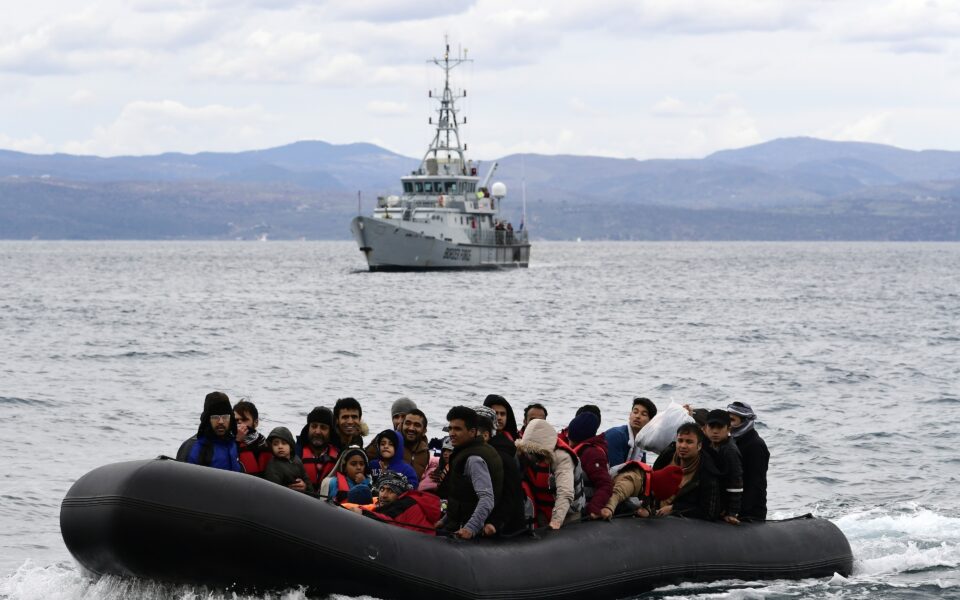Migration pact meets key Greek demands
Government welcomes new agreement as text addresses many aspirations of frontline states

The Greek government has expressed its satisfaction at the completion of the political negotiations between the Council, the European Parliament and the European Commission for the adoption of the new European Pact on Immigration and Asylum, three years after the start of the discussions.
In comments to Kathimerini, Migration and Asylum Minister Dimitris Kairidis stressed that several of Greece’s aspirations have been met, adding that the frontline countries came out winners from the outcome of the negotiations.
The adoption of the new pact at this moment is critical because it occurred before the European Parliament concluded its term of office.
“The EU and its member-states will now have a more complete legal framework to be able to face the major challenges posed by the constant migratory pressure on our continent,” Migration and Asylum Minister Dimitris Kairidis said after the agreement.
Kairidis cited as significant achievements the establishment of a previously nonexistent mandatory solidarity mechanism between member-states, as well as the provision for an annual political discussion at the ministerial level on the situation regarding the migration issue, in order to decide on the needs that will exist in terms of mobilizing the rules of solidarity between member-states. “At the same time, the EU now recognizes the threat posed by the instrumentalization of migration, and is acquiring ways of dealing with its consequences,” he noted.
The clustering of large numbers of migrants at the Kastanies border station in Evros in February 2020 was a typical illustration of Turkey’s instrumentalization of migration. Last November, Finland was obliged to close its border stations to halt hundreds of people fleeing from Russia.
It is also crucial, Kairidis emphasized, that Greece was able to incorporate in the new agreement “provisions that act as a deterrent to the overloading of the country’s border areas by pressures related to asylum procedures and ensured that the national security aspect will be taken into account in the design and development of infrastructure related to these procedures.”
Hundreds of people were detained for months on the north Aegean islands due to the requirement to finish the processes for reviewing asylum requests at the entry points, with well-known repercussions for the island population. The new pact allows for identification and registration via the Eurodac system following the conclusion of border controls.





